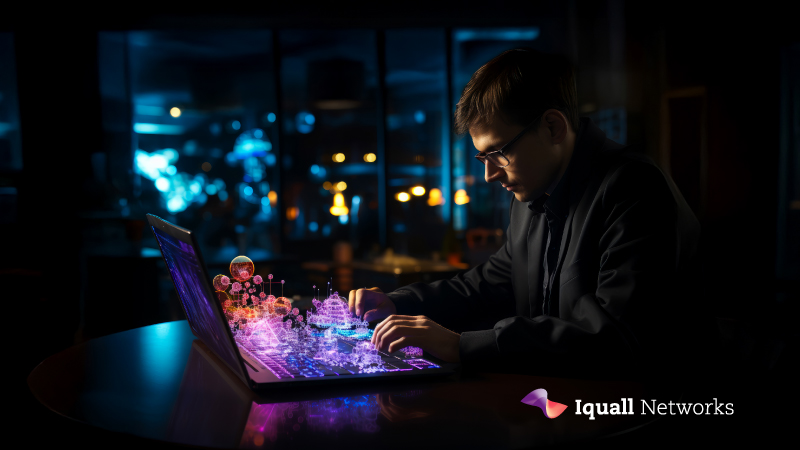
Why Today’s Best Employees Are Gamers
The untapped performance mindset every leader should recognize
Gaming isn’t just entertainment, it’s a full of contact workshop for decision-making, strategic thinking, and skill. With the global gaming industry booming and events like Esports World Cup happening here in Riyadh at the moment, we’re seeing undeniable proof: gamers operate in environments that demand skill, adaptability, and performance. It’s time business leaders took note.
Beyond game screen: Translating Game Complexity into Workplace Value
Gamers regularly immerse themselves in worlds where limitations are clear, resources are limited, and smartness defines progress. A player may start by learning rules, but real innovation comes from bending those rules through creative problem solving.
Modern games scale complexity intentionally. From managing city infrastructure to navigating survival scenarios, each title brings a new framework to master. With an average gamer engaging with 24+ diverse titles per year, they’re not just playing, they’re practicing domain-switching, prioritization, and relentless trial-and-error.
These aren’t soft skills. They’re transferrable mindsets.
Average Number of Games Played Per Person Per Year
truelist.com - PSU.com

The Trial That Doesn’t Break You—It Builds You
Unlike the real world, games offer a unique advantage: failure costs only time. This freedom allows bold, illogical experimentation, an iterative process that strengthens intuition and decision logic. Over hundreds of hours, players begin to adopt risk evaluation, long-term planning, and consequence forecasting.
It’s no surprise executive education programs now incorporate gamified simulations. Games offer peak engagement and laser focus. no input, no progress; wrong input, game over. That clarity mirrors the urgency of enterprise environments.
A Real-World Experiment: Turning Gameplay into Growth
I once had a promising but perfectionist employee who struggled with prioritization. Instead of giving him another workshop or lecture, I assigned a survival-based strategy game. The challenge: survive 200 in-game days, minimum 65 hours of active decision-making.
The game required him to balance energy systems, oxygen production, and structural engineering. all while managing dynamic personalities under pressure. There was no time for perfection. Success demanded prioritization and “good enough” solutions early on, then efficiency later.
We debriefed after. After relating game actions to projects. The clarity in his reflection was striking: mistakes made, lessons learned, priorities refined. Today, I assign him a task to latter he responds with confidence and focus.
“Mission accomplished, What’s next?”
Gamers in the Workplace: A Strategic Advantage Gamers:
- Embrace complex systems quickly
- Learn from failure without fear
- Innovate under constraint
- Thrive on measurable goals
Whether in software delivery, marketing campaigns, or crisis ops—these are the qualities we fight to evolve. Gamers arrive with them, primed and practiced.
Final Thought
Gamification isn’t about fun. It’s about function. If we want resilient, goal-oriented, self-optimizing teams, maybe it’s time we looked past the console and saw the player behind it.
What if your next top performer is already out there… building a virtual city with perfect traffic flow?
Originally posted here
Author: Hussam Aljehany



